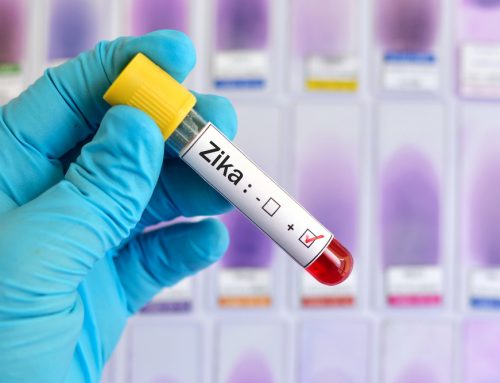New research suggests lower income individuals are less likely to participate in clinical trials.
Any researcher understands the difficulty of finding the best representation of the general population for their study. Some segments of the general population are in fact less likely to participate, new research shows, which can influence the quality of research and even slow medical progress.
For example, if a research study is being conducted on an investigative treatment for cancer, the best participant pool would be one that includes people from varying backgrounds and walks of life, with the same medical issues.
New research from Seattle, published in JAMA Oncology, finds that lower income cancer patients are less likely to take part in clinical trials. This is concerning for both the quality of the trial and because the lower income individuals may be passing up opportunities for care that they don’t otherwise have.
Researchers suggested that the reason lower income individuals don’t participate is because of things like transportation, childcare and healthcare costs for their condition.
It is likely that many in Utah and Salt Lake City don’t participate in clinical trials of any kind for similar reasons. Sometimes clinical trials require extended amounts of time and travel sacrifices that individuals simply can’t make. In other cases, however, people may not participate simply because they aren’t aware of the opportunity, don’t fully understand the benefits, or don’t understand what is required of them.
Lower income individuals can greatly benefit from participating in clinical trials for a number of reasons. First of all, needed medical care can be free, or people can even be paid for their participation. In some cases, trials provide an opportunity for care that an individual would never have otherwise. Second, clinical trials can offer new treatments that may be of benefit to the patient. These medications or treatments are generally not on the market.
Despite the potential benefits, the study mentioned above found that people making less than $50,000 a year were about 30 percent less likely to take part in a clinical trial.
Awareness is often the central problem. Potential candidates often simply don’t know of the opportunities, or if they do, avoid them because of misperception. This actually inhibits the progress of medicine. Lack of enrollment is a huge reason why clinical trials fail, and why production of new medication is delayed.








Leave A Comment